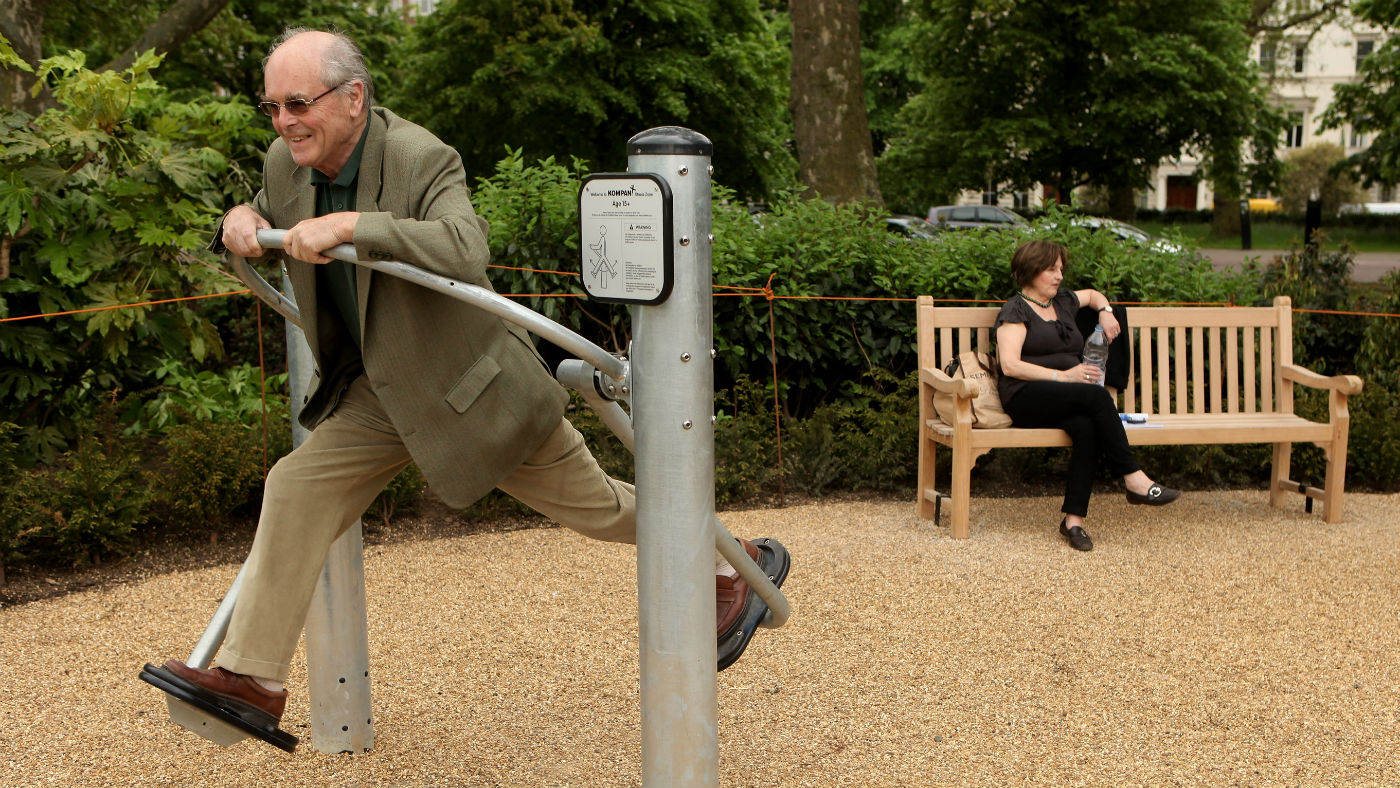Why is UK life expectancy falling?
Predicted age of death drops by six months as experts warn that decline in longevity is ‘trend as opposed to a blip’

A free daily email with the biggest news stories of the day – and the best features from TheWeek.com
You are now subscribed
Your newsletter sign-up was successful
Life expectancy in England and Wales has fallen by around six months - the biggest decrease on record.
According to newly revised figures from the Continuous Mortality Institute (CMI) - which calculates average life expectancy on behalf of the UK pension industry - men now aged 65 can expect to die at 86.9 years, on average, down from a previous estimate of 87.4 years. Women are likely to live until the age of 89.2 years, down from 89.7 years, The Guardian reports.
The CMI says that life expectancy has been slowing since 2010-11 and that evidence suggests this falling longevity is “a trend as opposed to a blip”.
The Week
Escape your echo chamber. Get the facts behind the news, plus analysis from multiple perspectives.

Sign up for The Week's Free Newsletters
From our morning news briefing to a weekly Good News Newsletter, get the best of The Week delivered directly to your inbox.
From our morning news briefing to a weekly Good News Newsletter, get the best of The Week delivered directly to your inbox.
Tom Selby, senior analyst at investment firm AJ Bell, points out that it is “somewhat ironic” that the release of the revised figures comes days “after the first increase in the state pension age came into force”.
“If life expectancy improvements stall or even go into decline, questions about whether future increases in the state pension age should be implemented will inevitably grow louder,” Selby said.
The UK experienced steady increases in life expectancy at birth throughout the 20th century, a trend attributed to healthier lifestyles and improvements in treating infectious illnesses and conditions such as heart disease.
The CMI “declined to speculate on why longevity is deteriorating” in England and Wales, says The Guardian. “Some analysts, however, blame austerity and cuts in NHS spending, others point to worsening obesity, dementia and diabetes.”
A free daily email with the biggest news stories of the day – and the best features from TheWeek.com
The Office for National Statistics warned last August that life expectancy growth in Britain had stalled.
At the time, The Guardian reported that several academics had “accused the Government of repeatedly ignoring concerns about a potential link between death rates and underfunding of the NHS and social care”.
NHS spend in real terms increased by about 3.85% per year between 1979 and 2010, but has since increased at a rate of just 1.1%, “significantly below the long-term trend”, says The Independent. Meanwhile, spending on adult social care fell by 6.4% in the six years to 2016.
Former pensions minister and Lib Dem MP Steve Webb believes austerity is to blame for the downturn in life expectancy, reports ITV News
Calling for urgent government research into the trend, Webb said; “If other countries can ride out the economic storms and continue to drive up life expectancy, there is no reason why the UK should not be able to do so.”